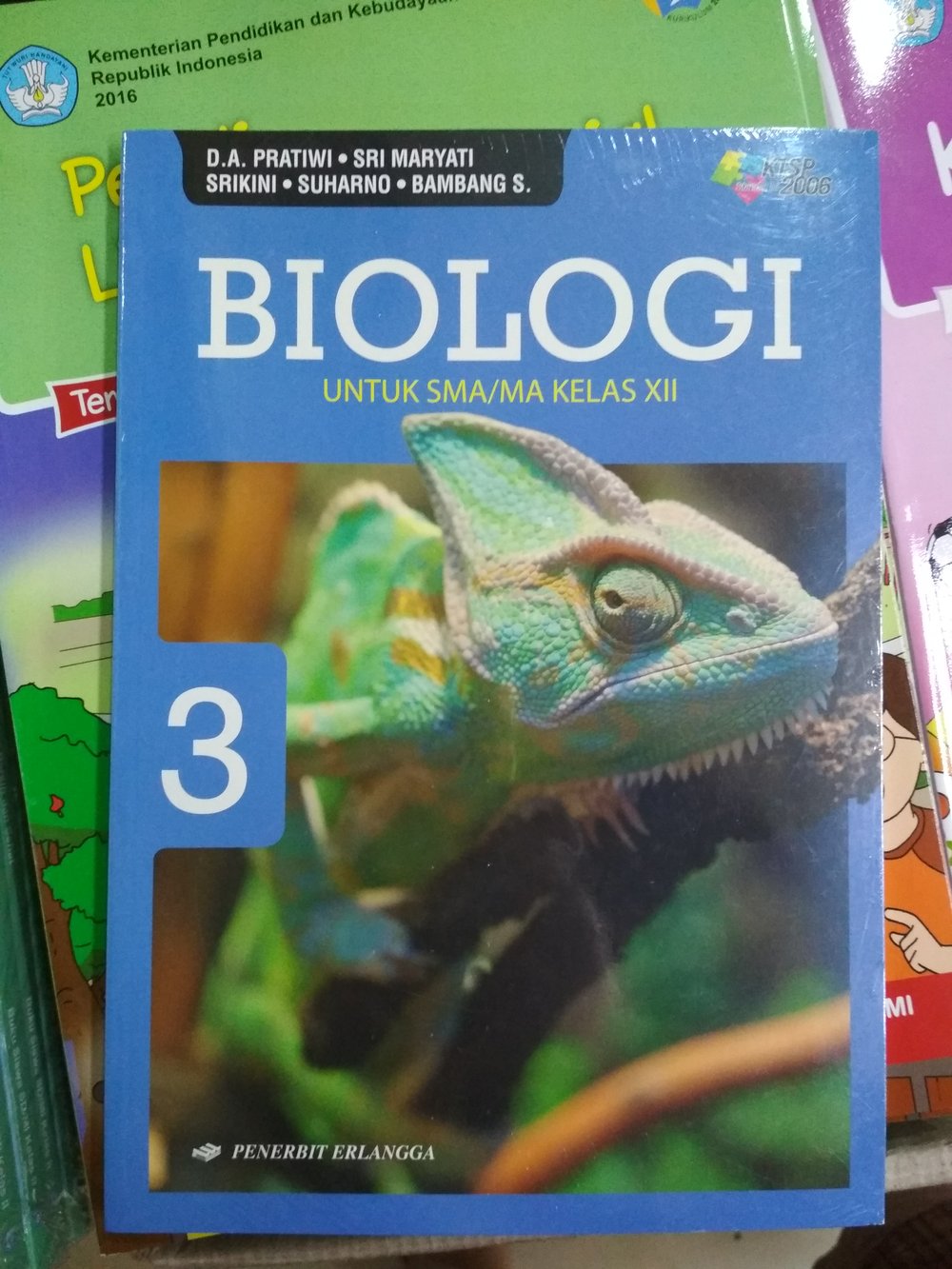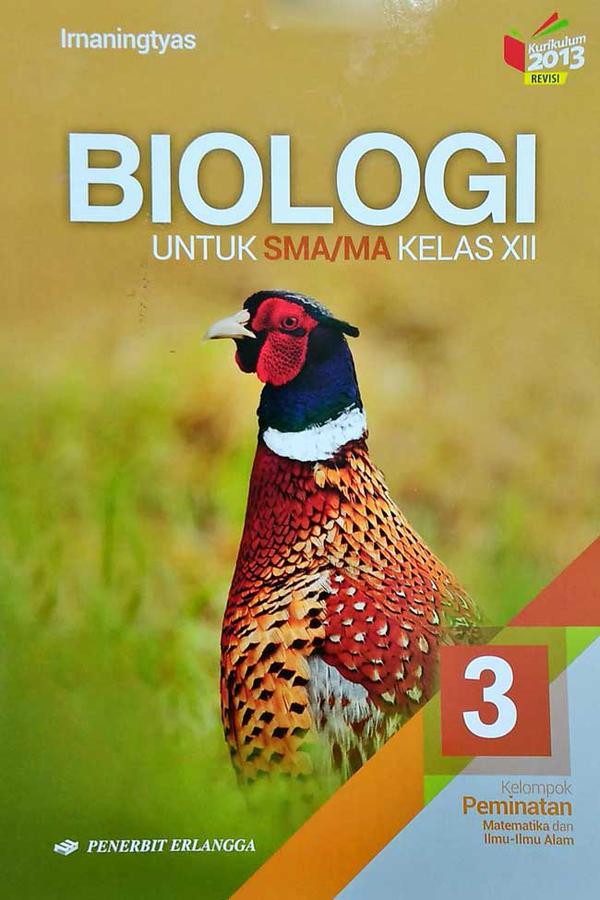

Gain result and t-test showed that there was a significant difference between experiment class and control class, it was 4.057, gain test for experiment class was g = 0.31and control class of g = 0.24. It concluded that the Integrated Science digital module based on scientific literacy was valid for learning with a score of 26 (high), easy understanding in reading level, it was useful to enhance cognitive learning outcome students that could be seen from classical learning outcome total of experiment class of 82.35% and control class of 52.94%. Data analyze used judgment expert method, t-test and gain test. The first step was fulfilling validity criteria, reading level and then trying out to determine learning effectiveness. Subject of this reasearch is Students of Science Education study program in University of Pancasakti Tegal, semester IV, 2017/2018 academic year. Thus, research objectives were determining validity, reading level, and module effectiveness. Students were expected to have scientific literacy competence and advanced in internet technology. Span lang="EN-US"> Student quality of Science education program in the University of Pancasakti Tegal which is prepared to be science teacher candidates in junior high school in the future needs to be enhanced, because they must improve student scientific literacy ability. Furthermore, the researchers recommend the use of SIM for remediation and regular classes, and encourage administrators, Science supervisors and teachers to SIMs not only on least mastered skills but also on all skills covered by the lesson.

The study concluded that SIM-based teaching is a more effective approach in improving students' performance in the concepts of global warming. The experimental group acquired higher mean gain than the control group and had a Very High perception towards the use of SIM in the teaching of Global Warming in science. Moreover, both groups manifested significant mean improvement from the pretest to the posttest, signifying essential use of modules and SIM in the teaching-learning process. Study findings revealed that both groups had Below Average performances in the pretest, and the former group had Average performance while the latter group had Above Average performance in the posttest. Data was obtained from the pretest/posttest and perception inventory were analyzed by using t-tests, weighted means and Pearson r correlation. A quasi-experimental with pretest-posttest design was conducted, with the control group exposed to modular approach and the experimental group exposed to SIM-based instruction. The study explored the effectiveness of an innovative and creative pedagogy called Strategic Intervention Material (SIM)-based Instruction in teaching global warming concepts to improve the performance of 9th-grade students in a mountain school in Cebu City, Philippines. Reading literature has shown that students have limited knowledge and many misconceptions about global warming, hence, innovative and creative ways of teaching should be implemented in the classrooms. Due to this, many people called for solutions and education is considered to be of prime importance.

Global warming is the primary environmental issue of the times.


 0 kommentar(er)
0 kommentar(er)
